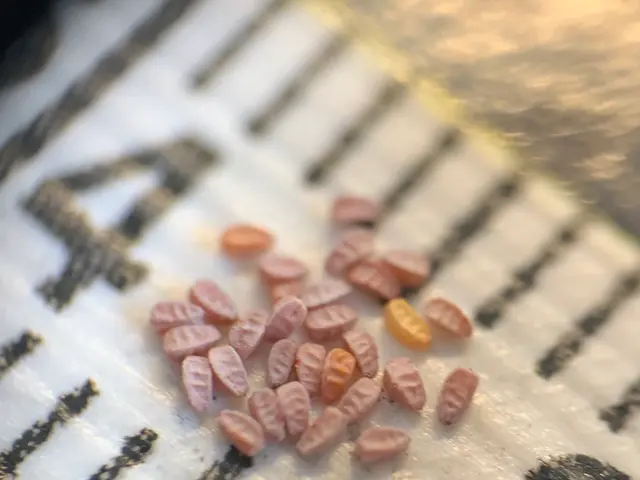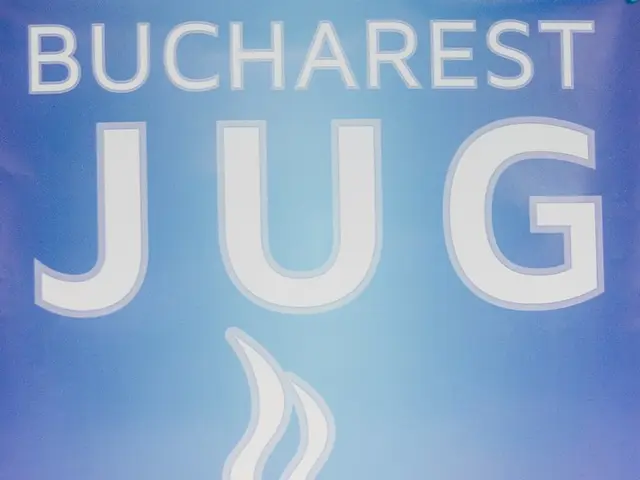The increasing popularity of intoxicated hemp poses a potential challenge to established cannabis companies regulated by law.
Hear me out: The ongoing turf war unfolding between cannabis firms confronting opponents that skirt regulatory scrutiny thanks to a legal technicality or subtle product difference resembles a familiar scenario for cannabis companies contending against hemp-derived cannabis products.
Hemp, a variant of cannabis with less than 0.3% delta-9 THC, is legally endorsed under the 2018 Farm Bill. Officially called the Agriculture Improvement Act of 2018, this significant piece of U.S. legislation governs agriculture and food policy. It took hemp off the Controlled Substances Act and enabled hemp cultivation, production, and interstate transport. Federal control was delegated to the USDA, but states and tribes were allowed to create their hemp programs (1). Unlike hemp-derived cannabis, cannabis—derived from cannabis sativa or indica (commonly called marijuana)—is a Schedule I narcotic and federally illegal, despite several states legalizing it and establishing large state-run cannabis programs. State rollout success has varied, leading to businesses operating under tight regulatory pressure (2).
The shift in legality for hemp-derived cannabis paved the way for a booming market in hemp-derived cannabinoids, including hemp-derived CBD, delta-8 THC, and delta-9 THC products, now called intoxicating hemp. Despite the increasing business, the hemp-derived cannabis sector remains riddled with controversy, operating in a gray legal area, with many products nearly indistinguishable from marijuana-derived cannabis, which carries extensive regulatory oversight (3). Experts claim this has caused dangerous incidents across the nation, fostering an unfair competition environment for compliant businesses and creating a public relations issue for cannabis companies.
What the accountants say
Though the business sector surrounding hemp-derived cannabis blossoms due to lesser regulatory standards, Mike Goral, a tax expert and CPA who leads the cannabis practice at Armanino, advises his clients to view this situation as a fleeting phase.
"Products akin to [hemp-based] delta-9 have evolved into a real dilemma," said Goral. "Cannabis companies have endured mountains of red tape to secure licenses, pay taxes, and follow regulations, while hemp-derived companies produce delta-9 THC goods from hemp under the Farm Bill with none of the oversight."
According to Goral, large multi-state cannabis operators are losing steam to battle these producers and are joining forces in offering hemp-based cannabis products (4).
"Larger MSOs are starting to join them instead of resist – rolling out their own hemp-derived lines," Goral said. "Still, it's a major issue, and we're observing it because we have clients on both sides. Regarding long-term prospects, I anticipate hemp-based products will face tighter regulations. No one renders themselves immune to cannabis regulations with a hemp loophole."
Brenda Bader—owner of the cannabis-focused firm Gold Leaf Accounting in Missouri—states her local markets have tackled the hemp-based cannabis issue head-on. Although she didn't advocate for eliminating these types of products from the cannabis market, she attributed the lack of legal oversight in the space to hazardous incidents, customer frustration, and a decline in the cannabis industry's reputation in more conventional areas (5).
One attorney shared tales of how unregulated these products truly are during panels, including an incident where a QR code scan for a Delta-9 product linked to lab results and ingredient information from a completely different flavor, dated over 20 years ago (6). This frustration among clients has led legal cannabis operators in Missouri to navigate strict packaging laws, implementing protocols similar to pharmaceutical packaging, such as pamphlets, disclaimers, and sealed containers (7). However, although there's unfair competition, regulated cannabis product sellers don't aim to eradicate this product line entirely. Instead, they are pushing for regulations across the board (7).
"Licensed operators aren't seeking to abolish those products, but to require regulation uniformly," she said. "If the legal industry has to adhere to these strict rules, then everyone else should too. The issue isn't that hemp-derived Delta-9 is inherently bad; it's that there are no guardrails, and people think it's the same thing as regulated cannabis."
Bader drew attention to how the image crisis stemming from unregulated cannabis could help resuscitate outdated narratives regarding cannabis that companies and activists have spent significant time and money attempting to redefine (7).
Legal Perspective
According to Jeffrey Hoffman, who operates a large cannabis-oriented law practice in New York, hemp-derived cannabis products are facing a major legal challenge in numerous states, with Texas being the largest market thus far. Hoffman also advised watching Texas, where he anticipates a complete ban on hemp-derived cannabis products (8).
"The Lieutenant Governor of Texas [Dan Patrick] - arguably the most powerful person in the state - is advocating to eliminate an entire multi-billion-dollar industry," Hoffman said. He explained that the most important bills are designated according to their rank, with SB1 being the top priority, SB2 the second, and so on. Currently, SB3 is a bill that will make all intoxicating hemp products illegal in Texas, signifying the high priority this issue holds there (8).
Several states, such as California, Nebraska, Florida, and South Dakota, have proposed bills related to hemp-derived cannabis. Tennessee has suggested regulations on it, while Arkansas, Alaska, and Virginia have enacted legislation either prohibiting or controlling hemp-based cannabis products.
Footnotes:
[1] Regulation & Compliance - How states' regulations on hemp-derived THC products affect traditional cannabis businesses[2] Finance & Tax - Advantages and challenges of the hemp-derived cannabis market for traditional cannabis companies[3] Health & Safety - Concerns and issues surrounding the lack of regulatory oversight in the hemp-derived cannabis industry[4] Market Trends - Consumer preferences and trading dynamics between hemp-derived cannabis products and traditional cannabis[5] Market Strategies - Opportunities and partnerships for traditional cannabis companies in the emerging hemp-derived cannabis market[6] Quality Control - Case studies illustrating the importance of regulatory oversight in the hemp-derived cannabis industry[7] Business Ethics - Balancing competition, consumer safety, and industry standards in the evolving hemp-derived cannabis market[8] Law & Policy - State-level initiatives aimed at regulating or prohibiting hemp-derived cannabis products
- Cannabis companies striving against hemp-derived cannabis products face a familiar predicament, as an ongoing turf war ensues between firms in the cannabis industry, battling opponents who bypass regulatory scrutiny through legal technicalities or product differences.
- Hemp, a variant of cannabis with less than 0.3% delta-9 THC, was legalized in 2018 under the Agriculture Improvement Act, facilitating hemp cultivation, production, and interstate transport with federal regulation handled by the USDA.
- In contrast, cannabis—derived from cannabis sativa or indica—remains a Schedule I narcotic, federally illegal despite legalization in numerous states, subjecting cannabis businesses to tight regulatory pressure.
- Mike Goral, a tax expert, advises cannabis businesses to view decreased regulatory oversight in the hemp-derived cannabis sector as a transitory phase, as he anticipates tighter regulations for such products in the long-term.
- Gold Leaf Accounting's Brenda Bader notes that while unregulated hemp-based cannabis products present an issue, regulated cannabis product sellers do not intend to eradicate this product line entirely but rather push for regulations to be applied uniformly across the market.
- Legal cannabis operators in Missouri have implemented strict packaging laws to mitigate risks associated with an unregulated market, emulating pharmaceutical packaging practices such as pamphlets, disclaimers, and sealed containers.
- In Texas, there is a significant legal challenge facing hemp-derived cannabis products, with SB3 being a bill that would make all intoxicating hemp products illegal in the state, signifying the high priority this issue holds there.
- Hoffman advises observing Texas, urged by the Lieutenant Governor, as it has the potential to completely ban hemp-derived cannabis products, which could establish a precedent for other states to follow.








